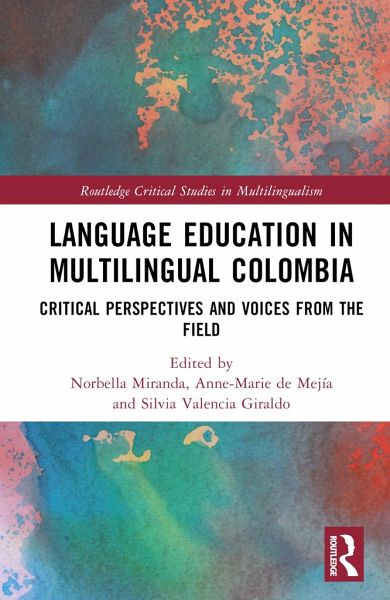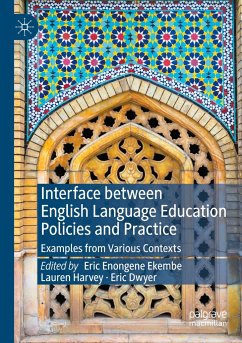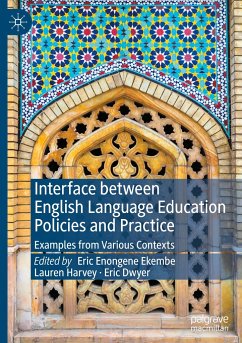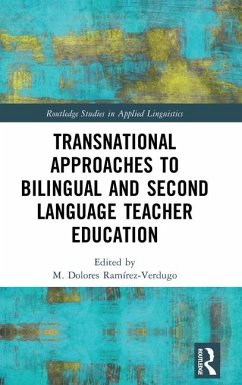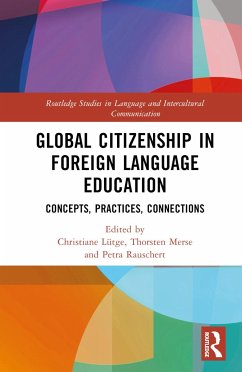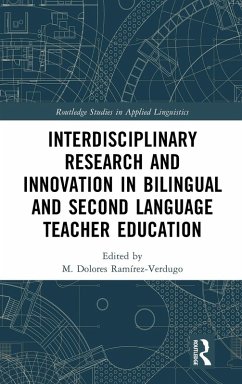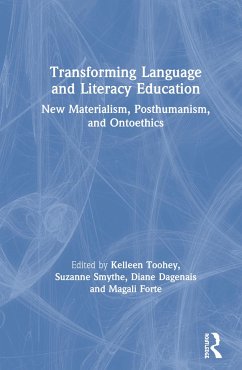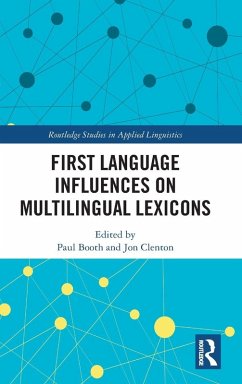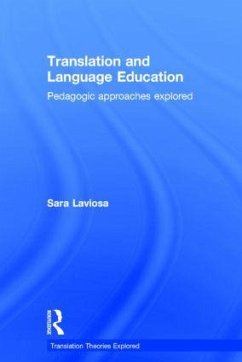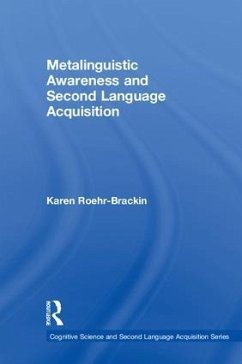Norbella Miranda is Assistant Professor in the School of Language Sciences at Universidad del Valle, Cali, Colombia. She holds a PhD in Educational Sciences from Universidad del Quindiìo, Armenia, Colombia. Her research and publications focus on educational language policies, bi/multilingualism and curriculum development for language education. She is a member of the EILA research group (Equipo de Investigación en Lingüística Aplicada) of Universidad del Valle. Her publications include: Appropriation of Colombian ELT policy in a targeted school: The creation of an "elite" yet still needy school in the public education system (book chapter, Routledge, 2021). Anne-Marie de Mejía is Professor in the area of Bilingualism and Bilingual Education at the School of Education at Universidad de los Andes, Bogotá. She holds a Ph.D in Linguistics from Lancaster University, U.K. Her research interests include teacher empowerment, interculturality, language and education policy, and bilingual teacher development. Silvia Valencia Giraldo is Professor in the area of Sociolinguistics and Bilingualism in the School of Education at Universidad del Quindiìo, Armenia, Colombia. She received her Ph.D from the University of Wales, Aberystwyth, UK., in the area of bilingualism. Her research interests include bilingual classroom interaction, language policy, and literacy.
